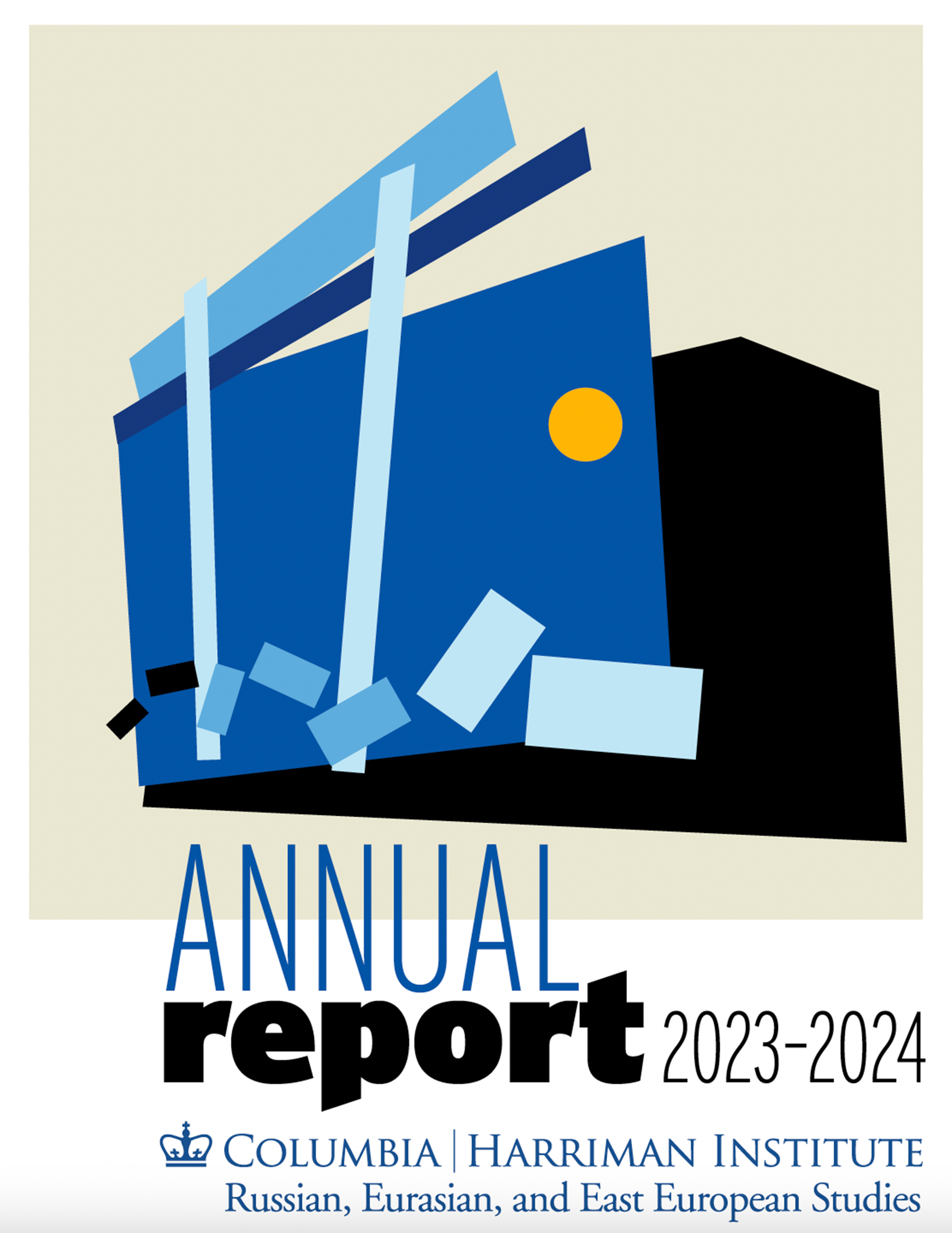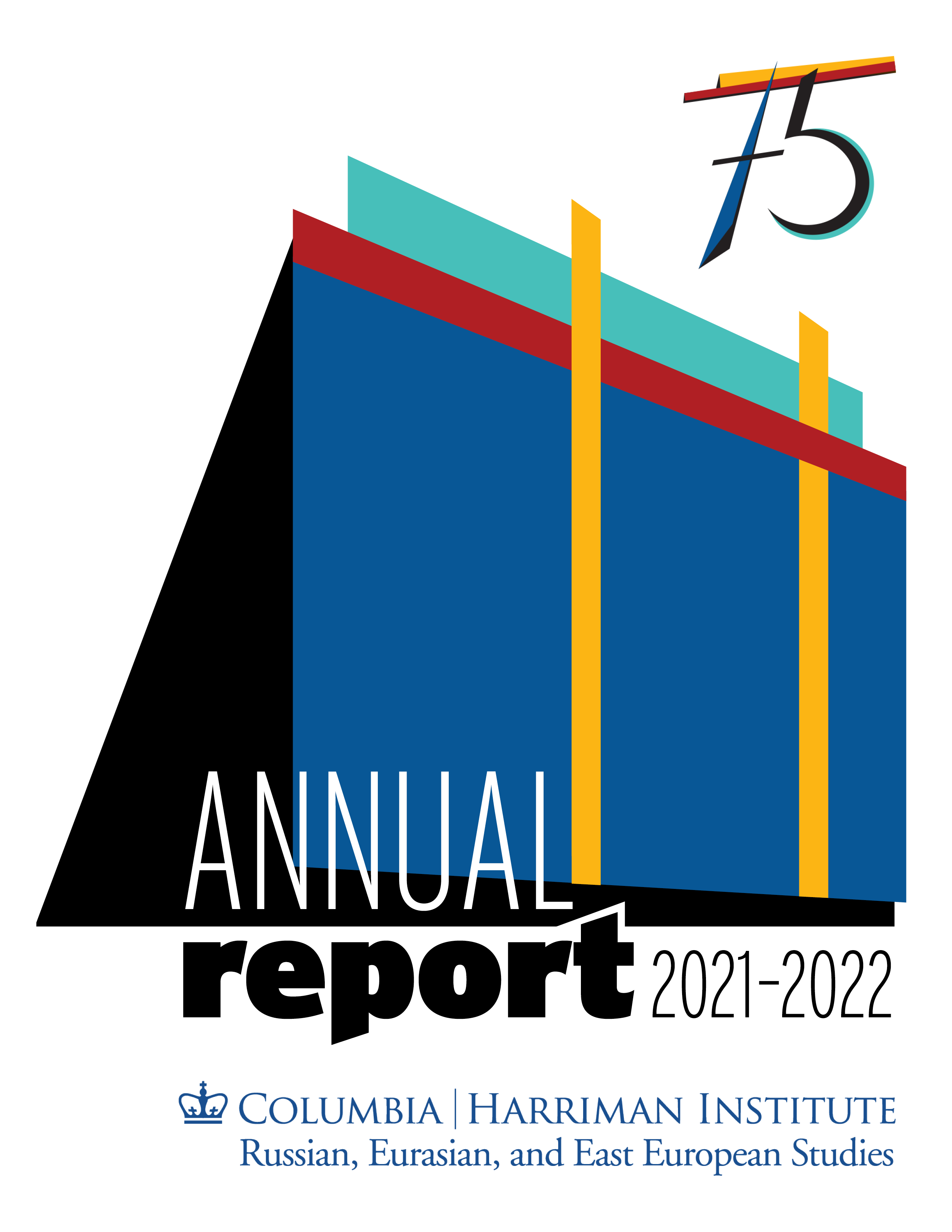Mission of the Harriman Institute
Primary Activities
Academic Programs
Fellows and Visiting Scholars
Library Resources
Publications
Lectures and Conferences
Research Programs
Leadership
Executive Committee
National Advisory Council
Harriman Institute Bylaws
Annual Reports
History of the Harriman Institute
In 1982, the Russian Institute became the W. Averell Harriman Institute for the Advanced Study of the Soviet Union, in recognition both of Governor Harriman’s generous endowment of the Institute and his lifetime of distinguished service. As Governor Harriman stated in the announcement of the establishment of the Harriman Institute: “My objective is very clear: I want to stimulate and encourage the advanced study of Soviet affairs. To base policy on ignorance and illusion is very dangerous. Policy should be based on knowledge and understanding.”
In 1992, following the collapse of the USSR, the Institute officially expanded its focus to encompass all the states of the former Soviet Union and Eastern Europe and adopted the name of the Harriman Institute. In 1997, the Harriman and East Central European Institutes united to promote comparative scholarly knowledge and public understanding of the complex and changing polities, economies, societies, and cultures of the area between Germany and the Pacific Ocean. In 2017, the East Central European Center was officially integrated into the Harriman Institute and is now governed by two co-directors.
Throughout the years our faculty and alumni have made important contributions to academia, and have also played leading roles in public policy, law, diplomacy, business, and the arts. Notable among them are former head of the National Security Council, Zbigniew Brzezinski; former Special Advisor to the Secretary of State, Marshall Shulman; former Ambassador to Russia, Jack Matlock; former Secretary of State, Madeleine Albright.
The Institute currently houses a diverse multi-disciplinary faculty from Columbia’s School of Arts and Sciences; Barnard College; the Schools of International and Public Affairs, Business, Law, and the Arts; Teacher’s College; and the Union and Jewish Theological Seminaries. We support teaching, research, and public events that bring together our extraordinary faculty, students, and alumni. From “brown bag” lectures, book presentations, art exhibitions and film screenings, to scholarly panels and conferences, the Institute provides a constantly evolving forum for intellectual discussion and innovation.
In addition to offering undergraduate and graduate courses, the Institute administers an MA program in Russian, Eurasian, and East European Studies, which admits approximately 10 students per year. We are committed to training the next generation of regional specialists, who will continue to shape policy, fill leading academic positions, and challenge the accepted truths about how we study our rapidly changing world.
Learn more Harriman history in our 60th Anniversary book.







